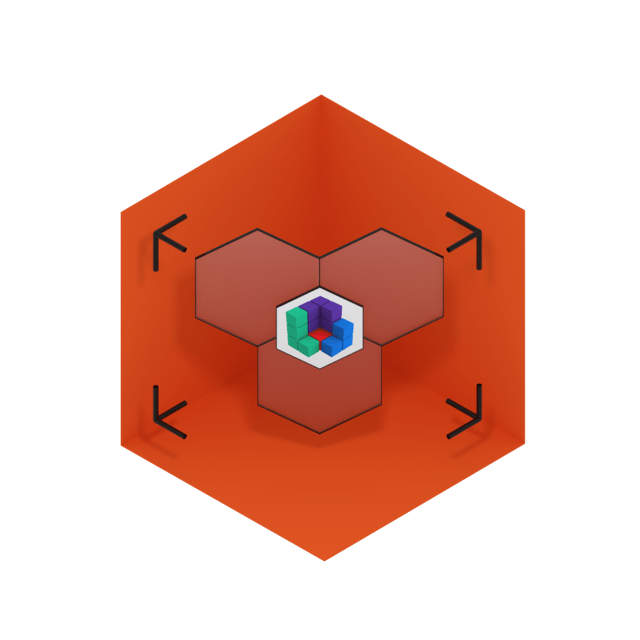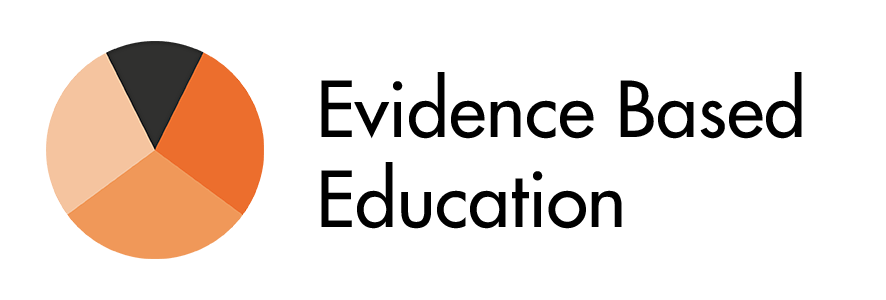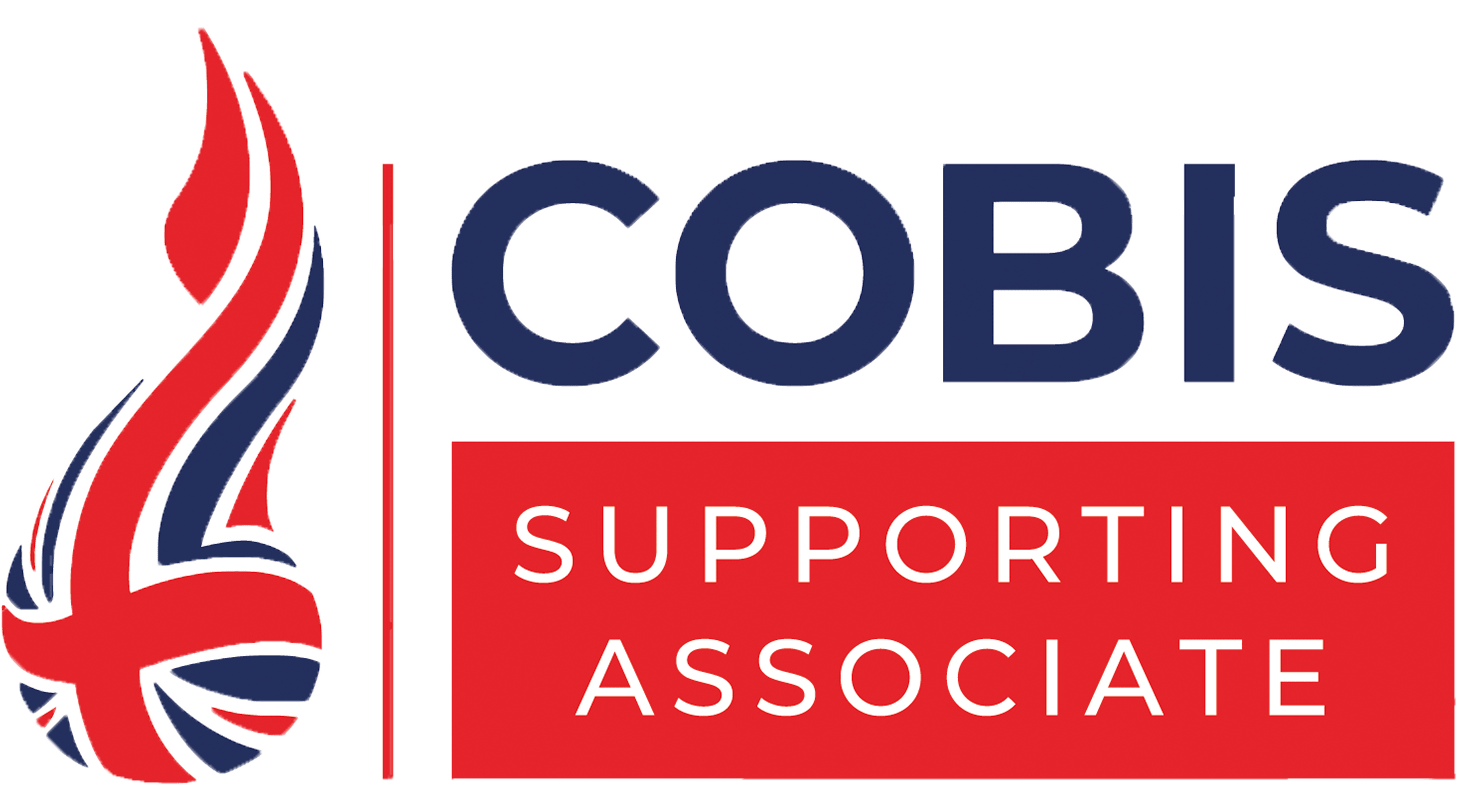Activating
Part of the Great Teaching Toolkit
FOR TEACHERS
WEEKLY STUDY: 1 HOUR
DURATION: 8 WEEKS
MODE: ONLINE
Summary
This course provides an evidence-based overview of why and how teachers can help their students to become independent and self-actualised learners. You will explore how this can be applied in the classroom, before practising selecting and adapting individual teaching strategies for different contexts to prepare for the next steps of your personalised professional development.
What will you learn?
For teachers, taking actions to help their students to be independent and self-actualised learners can be thought of as a process of un-scaffolding the knowledge and skills required for them to plan, regulate and monitor their learning.
When teachers introduce new ideas, it is appropriate to be directive: presenting structured content explicitly, directly teaching what needs to be understood. However, the larger aim is to wean students off this dependency on the teacher, encouraging them to become independent, self-actualised learners.
This course guides you to draw attention to your own planning and self-regulation when modelling the process of completing complex tasks, and similarly encouraging students to ‘self-explain’ their thinking.
In this course, you will learn about activating students’ thinking:
- During the ‘planning’ phase, before completing learning tasks;
- During the ‘performance’ phase; and
- During the ‘review’ phase.
You’ll also think about the role of motivation in helping students to become independent, self-regulated learners.
Curriculum outline
Over the first six weeks of this course, you’ll explore the evidence on effective activating, thinking hard about strategies that encourage students to plan, monitor and regulate their learning. You’ll look at the interaction between motivation and learning, and consider how you can support feelings of autonomy, competence and relatedness for your students. The course also covers the role that independent practice and problem-based learning can play in developing self-regulated learners.
In the final two weeks, once you have thought hard about the principles underpinning effective activating, you’ll move on to practise the act of selecting and adapting strategies for use in the classroom, based on your growing knowledge.
What else is included in the Toolkit?
Assessment Lead Programme
Science of Learning Programme
Behaviour and Culture Programme
Creating a supportive environment
Maximising opportunity to learn
Structuring
Explaining
Questioning
Interacting
Embedding
An evidence-based approach to Great Teaching
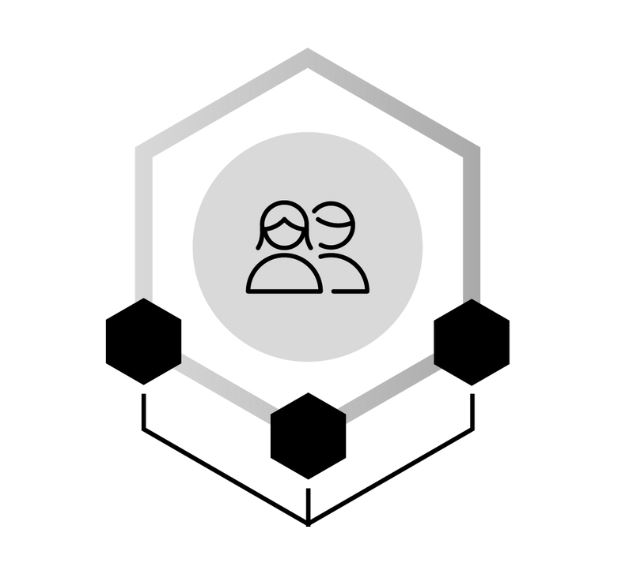
Video observation & feedback
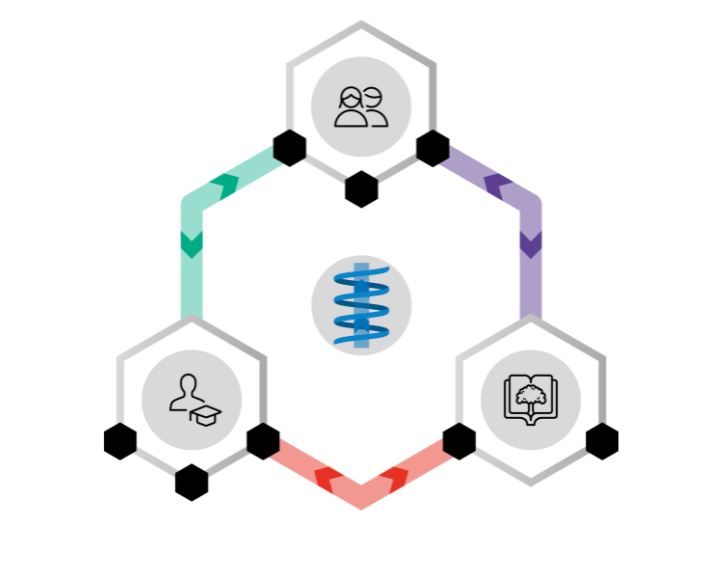
School Environment & Leadership tool
